Calling AI a plagiarist is like calling a mirror ignorant for reflecting our own image.
The Misunderstood Nature of AI: Creativity and Reflection
In recent discussions surrounding Artificial Intelligence (AI), there’s a growing wave of criticism suggesting that these technologies merely act as glorified plagiarists, devoid of originality. Some even liken AI to a mirror, reflecting our own image but lacking any understanding. This perspective, however, fails to grasp the deeper nuances of creativity and innovation.
The assertion that true creativity must emerge spontaneously from a void is rooted in a romanticized notion of artistic expression that overlooks history. Throughout time, creators—be they artists, writers, or philosophers—have continuously built upon the concepts and ideas that came before them. The wisdom of ancient Roman playwright Plautus is still relevant today; he crafted his celebrated comedies by reinterpreting Greek narratives. In essence, creation often involves reworking, remixing, and reimagining what already exists.
Consider the realm of philosophy. How many thinkers have managed to introduce completely original ideas after the profound insights of Plato or Aristotle? While each philosopher brings their unique viewpoint to the table, they do so by standing on the shoulders of giants and integrating previously established concepts—much like a chef who enhances a classic dish with their own innovative twist.
This critique of AI’s capabilities brings to mind the dismissive remarks sometimes aimed at modern art. When faced with a work of genius, one might naively assert that “a child could have painted that!” However, the response remains constant: while a child may not have created it, Picasso did, and therein lies the difference.
Interestingly, nature itself employs a form of “creative plagiarism” through the process of evolution. Life on Earth has continually adapted and evolved through the replication and modification of genetic material. If the early stages of life had chosen to stagnate rather than innovate, we might still find ourselves as simple single-celled organisms. This ongoing cycle of iteration and refinement is what propels creativity in both the arts and sciences.
Artificial Intelligence should be viewed as a powerful tool, akin to a painter’s brush or a sculptor’s chisel. A brush alone cannot produce the masterpieces of art; it requires an artist’s vision and skill to realize its potential. Similarly, while AI systems are trained on existing human-generated data, they have the capacity to create novel combinations and innovative insights from that wealth of information.
Instead of harboring animosity towards AI, we might consider approaching it with curiosity and openness, much like observing a child as they begin to form their





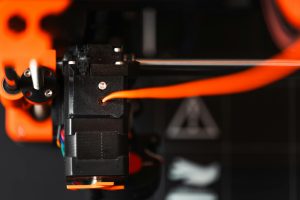

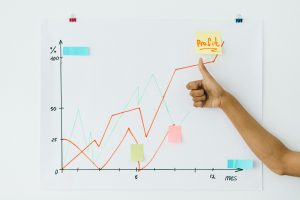

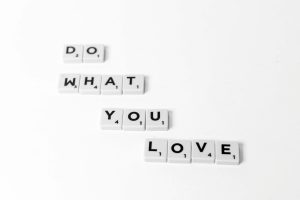
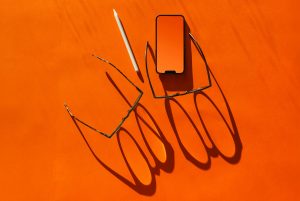

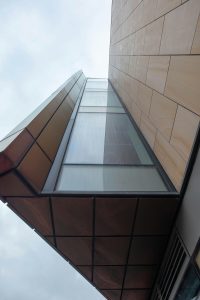

Post Comment